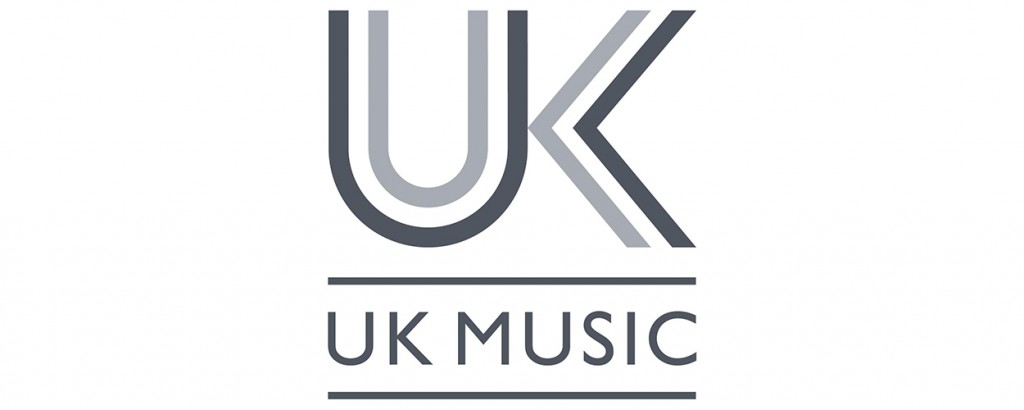This website uses cookies so that we can provide you with the best user experience possible. Cookie information is stored in your browser and performs functions such as recognising you when you return to our website and helping our team to understand which sections of the website you find most interesting and useful.
Business News Education & Events
UK Music and ISM say government must reverse decline in students studying music in English schools
By Chris Cooke | Published on Friday 13 August 2021

Both UK Music and the Incorporated Society Of Musicians have used the latest stats regarding what subjects young people are studying in England, Wales and Northern Ireland at GCSE and A-Level to call on the UK government to reinvigorate music education in the country’s schools.
Although the numbers of students studying music at GCSE and A-Level in 2021 were pretty similar to 2020 – indeed, the number of students taking music GCSE went up slightly – figures for the last decade show a steady decline.
In its statement, UK Music compares 2021 figures to 2014. In that time there has been a 16.8% decline in the number of students taking music GCSE, despite an overall rise in the number of students taking GCSEs in general. In the same time period there was a 32.1% decline in students taking music A-Level.
In its review of the exam stats, ISM compares the 2021 figures with 2011, with declines over the full decade of 19% for GCSE and 44% for music A-Level.
The music community has long blamed the declines in students taking music at GCSE and A-Level on funding cuts and curriculum priorities in the country’s schools. And, in England in particular, the EBacc scheme used to assess the academic performance of English schools, which completely ignores creative subjects like music.
Commenting on the stats, ISM CEO Deborah Annetts said: “Despite the deeply concerning trend of declining music entries at GCSE, this year saw a slight uplift. That increase should be a benchmark to build on”.
Citing a report published last week by the UK’s Department For Education that aims to inform a new national plan for music education, Annett’s continued: “Music education brings so much to students [but] last week’s report from the Department For Education showed that while students appreciated music education … young people were under pressure to choose other subjects or it simply wasn’t available at their school”.
“Despite the mounting evidence”, she added, “the government continues to preside over a dramatic decline in music education and is clinging onto its EBacc agenda, no matter the consequences. It’s time for urgent reform of the EBacc to include music and creative subjects, or it should be scrapped altogether. High quality music education should be available to all students and the government must work to ensure that they do as an urgent priority. Only by fully embracing music and creative subjects can we build an education system fit for the opportunities and challenges of the 21st Century”.
Meanwhile, UK Music boss Jamie Njoku-Goodwin said: “While the numbers of students taking music GCSEs and A-Levels is broadly similar to last year, the long-term trends are deeply concerning. We need action to support and grow music education in schools and reverse this worrying decline”.
“The music industry relies on a talent pipeline of accomplished and dedicated music students to produce the highly skilled professionals of the future”, he added. “Many of them will go on to play in top orchestras, become music teachers or contribute to world-class recordings. It is vital we continue to nurture music students and ensure children from all walks of life and every background have access to music and the chance to make a good living from it”.
“Music is vital to our economy, our culture and our society”, he went on. “It is one of our greatest national assets and will play a crucial role in our post-pandemic recovery – so it’s more important than ever that we invest in music education and reverse this worrying decline”.





